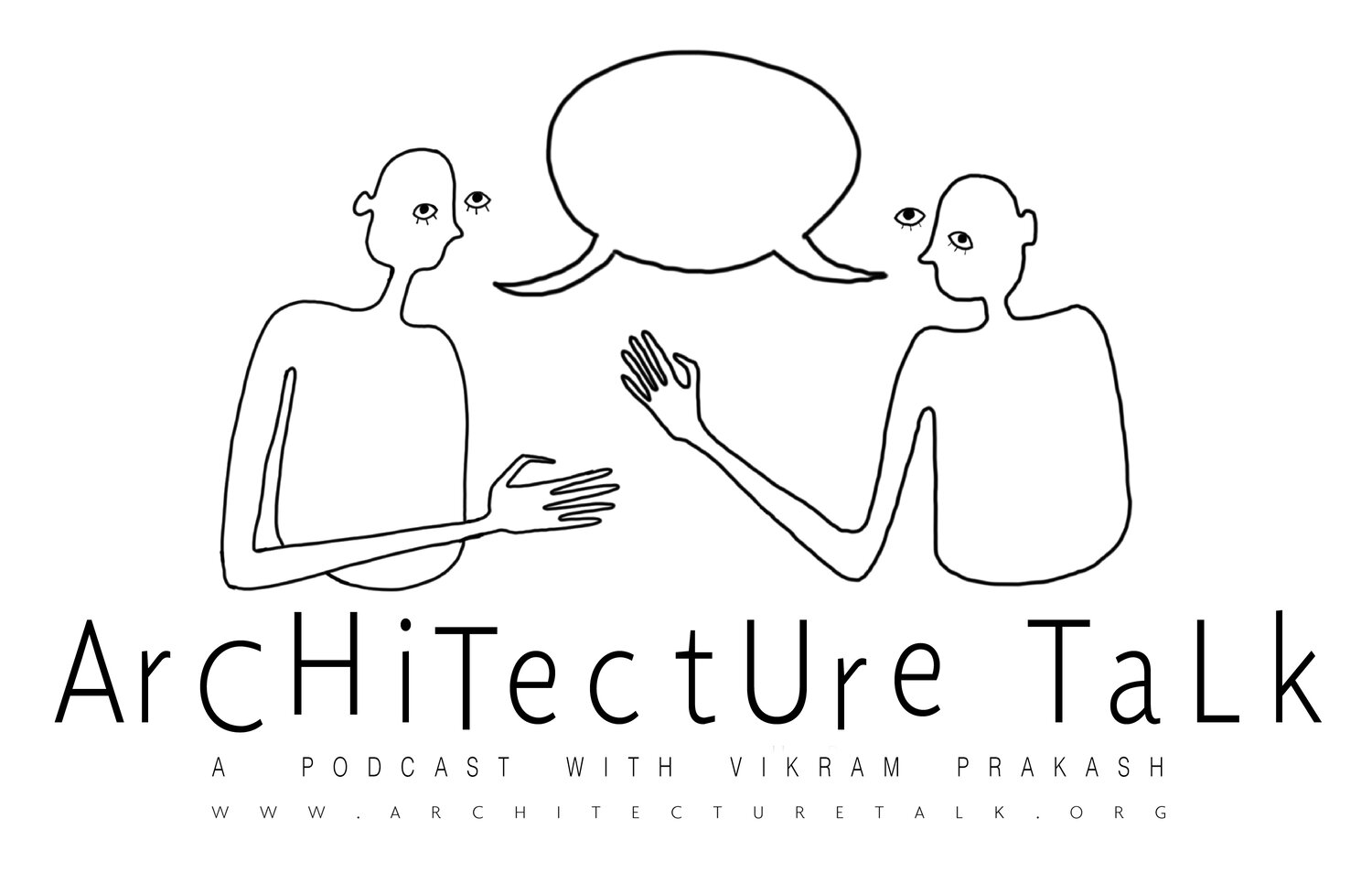71. AITC: Politics and Pandemics with Nasser Rabbat
Porous Boundaries original drawing by Tori Haynes
“The repercussions of the COVID-19 pandemic go way beyond the fact that it is hitting individuals, killing individuals and incapacitating others...in these countries [in the Middle East] its actually aggravating preexisting political problems…”
- Dr. Nasser Rabbat
This week we continue our ongoing miniseries Architecture in the Time of Coronavirus with guest Dr. Nasser Rabbat, Aga Khan professor of Islamic Architecture at MIT. In this episode, we look beyond the individual and beyond North America to the Middle East and the aggravated complexities that have arisen in these challenging times.
Timestamp Outline
2:25 “I don’t have any existential problems [with COVID]...I have more of intellectual or political problems with the way the world is reacting to it that we are as a human community unable to act responsibly in the face of such a big, big challenge…” NR
3:05 Looking outside of the West [beyond the West as Subject]
4:40 “The repercussions of the COVID-19 pandemic go way beyond the fact that it is hitting individuals, killing individuals and incapacitating others...in these countries [in the Middle East] its actually aggravating preexisting political problems…” NR
7:12 “Detachment…[there is] a sense of difficulty, not just distancing, about our positioning of white privilege that we exceed to without fully or naturally belonging to and the voices and people that we speak for...is that what you’re talking about here?” VP
8:50 “How do intellectuals relate to social problems?” NR
10:20 discussion of paradox of intellectualism and detachment
11:38 Postcolonial problem
12:40 The colonizers and the colonized… “a class of the colonized used the tools of the colonizers in order to reassert a certain separation between the colonized and the colonizers. Those tools are never without a price…” NR
14:00 “Recognize your privilege as loss.” A reference to Professor GC Spivak’s essay Can the Subaltern Speak?
14:55 Edward Said on Orientalism, a word generally used to denote the Western view of “other” societies as primitive, inferior, and exotic. For Edward Said’s introduction to this concept, click here
15:30 The Hidden Hand: Edward Said’s Orientalism and Architectural History by Nasser Rabbat. full article link here
16:15 Discussion of the question of nationalism
16:33 “They [the nationalists] ended up constructing and categorizing the history of “their” architecture, and of “their” culture in general, from an exclusive and ultimately narrowly defined national, religious, or cultural perspective.” quoted from Culture and Imperialism by Edward Said (1993) link to full book here
18:50 Nationalization of the Suez Canal under Egyptian President Gamal Abdel Nasser history recap here
24:50 “The problem is not with the ideal of the nation-state, but with the difficulty, or perhaps impossibility of overlaying the premodern politics on the modern notion of the nation-state.” NR
27:30 “Is modernity an unfinished project?” VP
28:00 discussion of Jawaharlal Nehru and his description of India as Palimpsest: “She was like some ancient palimpsest on which layer upon layer of thought and reverie had been inscribed, and yet no succeeding layer had completely hidden or erased what had been written previously.”
29:00 “There is no pure producer of culture…” NR
37:20 Beginning of discussion of global cosmopolitanism
37:36 In an Antique Land, an enthographic history by Amitav Ghosh





